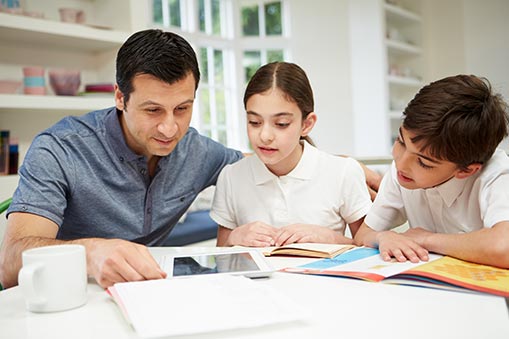COVID-19 updates from Auburn University


Melissa Pangelinan, assistant professor
School of Kinesiology
Melissa Pangelinan, an assistant professor in Auburn University’s School of Kinesiology, is the director of the Pediatric Movement and Physical Activity Lab. The lab uses state-of-the-art brain and body imaging, as well as neurocognitive and movement assessments, to better understand how movement ability and physical activity participation affect brain and motor development in children, adolescents and adults with and without developmental disabilities.
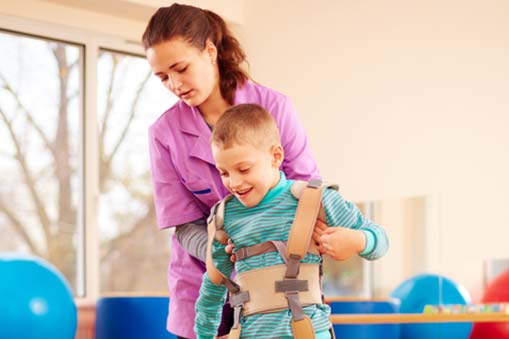
Kinesiology professor Ford Dyke and Olympian Reita Clanton
The School of Kinesiology’s Reita Clanton, coordinator of the Performance and Health Optimization Center, and Assistant Clinical Professor Ford Dyke teach the practice of mindfulness. During the Covid-19 pandemic, Clanton and Dyke offered mindfulness sessions for Auburn University’s campus community. Below, they share tips for people who are interested in incorporating mindfulness into their daily lives.
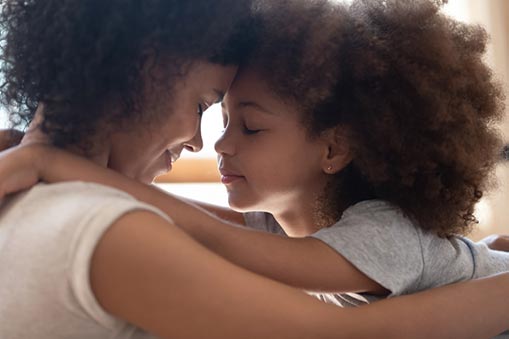
Christopher Clemons, assistant Agriculture Education professor, Department of Curriculum and Teaching
Caroline Dunn, Humana-Germany-Sherman Distinguished Professor of Special Education, Rehabilitation and Counseling
College of Education
Auburn University’s College of Education, long a pioneer in the realm of online instruction, is preparing the next generation of educators amid changes posed by the COVID-19 pandemic. Humana-Germany-Sherman Distinguished Professor of Special Education, Rehabilitation and Counseling Caroline Dunn and Christopher Clemons, an assistant professor of Agriculture Education in the College of Education’s Department of Curriculum and Teaching, describe how instructors are implementing new techniques to deliver lesson plans to students and what the future of teaching may hold for K-12 educators.
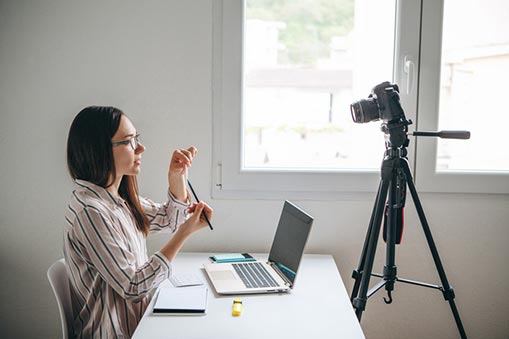
Elementary education professor Martina McGhee
With schools closed during the COVID-19 outbreak, students and parents alike are adapting to online learning procedures. Parents are learning to provide academic support, while students are immersed in interactive and creative lessons.
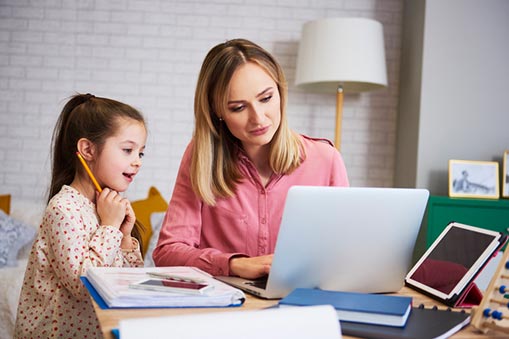
Danielle Wadsworth, associate professor, School of Kinesiology
College of Education
Danielle Wadsworth, an associate professor in Auburn University’s School of Kinesiology, leads the Exercise Adherence and Obesity Prevention Lab. Wadsworth aims to develop techniques that make exercise fun and enjoyable, and therefore, more likely that people will regularly engage in the behaviors, and here she answers questions about how parents can keep children physically active while they are out of school during the COVID-19 pandemic.
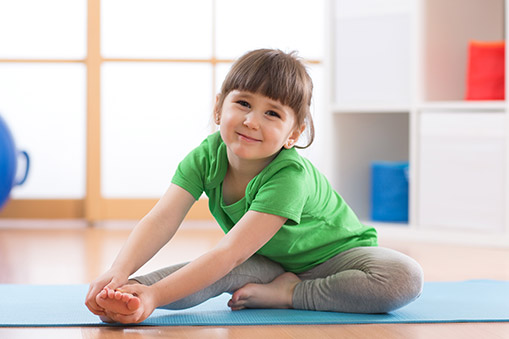
Jan Kavookjian, assistant professor
Harrison School of Pharmacy
With the news of COVID-19 spreading throughout the United States, most look to health care providers for information on how to treat or cure the disease. Just as important, according to the Harrison School of Pharmacy’s Jan Kavookjian, is learning new preventive healthy habits in our daily lives.
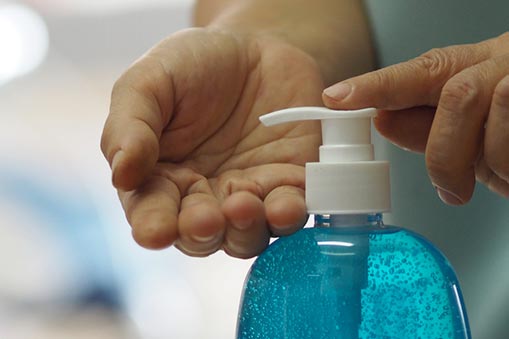
Angela Wiley, professor of human development and family studies
College of Human Sciences
Higher learning institutions across the nation are moving to remote learning and canceling events to limit the spread of COVID-19. Auburn University has transitioned to remote instruction. Angela Wiley shares advice on balancing a new remote learning environment with constant news updates.
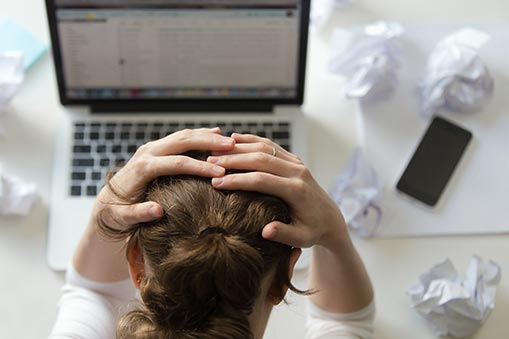
Elementary education professors Victoria Cardullo, Martina McGhee, Megan Burton, Sara Demoiny and Octavia Tripp
Educators and parents are having to get creative in how they keep kids engaged in learning during their time away from the classroom. Auburn professors provide parents tips and insights for creating a positive learning environment.
